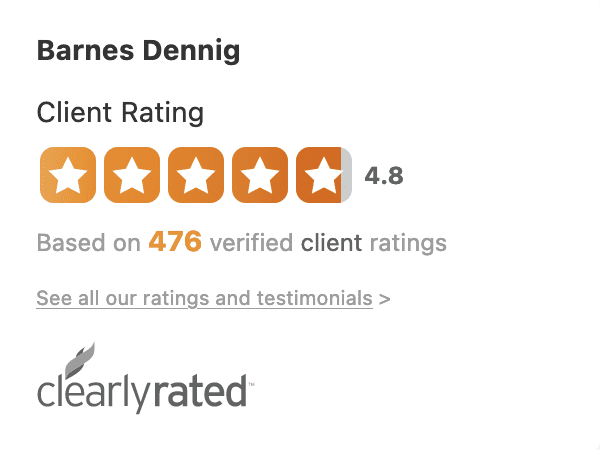Safeguarding Sensitive Patient Data
Medical billing is essential to healthcare operations—but risk comes with every claim in the form of sensitive data.
Personally identifiable information (PII), protected health information (PHI), and financial records are all processed through billing systems, making them prime targets for cybercriminals. Securing this information isn’t just good practice, it’s a fundamental part of HIPAA compliance and honoring the Hippocratic Oath’s pledge to patient privacy.
Why medical billing poses a security risk
Billing systems handle high volumes of sensitive patient data—and without strong internal controls and safeguards, they’re vulnerable to a range of threats:
- Data exposure – without proper encryption, data can be intercepted during transmission or improperly accessed while stored.
- Unauthorized access – weak access controls open the door to misuse, whether by insiders or external bad actors.
- Phishing & fraud – cybercriminals frequently target billing systems with phishing attacks designed to steal credentials or manipulate payment records.
- Third-party vulnerabilities – outsourcing billing functions? If your vendors don’t meet your security standards, your entire operation may be at risk.
The impact of inadequate security
Security gaps in your billing system can result in data breaches, internal threats, and even HIPAA violations.
Employees or vendors with inappropriate access may accidentally or intentionally compromise patient information. Exposed patient data can lead to identity theft or insurance fraud, destroying patient trust, and significant reputational and financial damage to the organization. Recovering from a breach is significantly more costly than proactively establishing robust controls.
Regulatory non-compliance also brings fines, legal consequences, and increased scrutiny.
Strengthening your medical billing security
A proactive, strategic approach to security helps protect sensitive data and maintain compliance:
- Encrypt everything – implement robust, end-to-end encryption for data in transit and at rest.
- Control access – use role-based permissions and multi-factor authentication (MFA) to restrict access to only those who need it.
- Assess vendors – conduct regular security reviews of third-party billing providers to ensure alignment with your standards.
- Train your team – educate employees and partners on HIPAA requirements and data handling best practices.
- Audit regularly – perform security audits and risk assessments to catch vulnerabilities before they become incidents.
A SOC report provides independent validation of your internal controls, helping you demonstrate your commitment to HIPAA compliance and the protection of patient data. It’s a meaningful step toward transparency and trust with patients, regulators, and partners.
Not sure where to start? Our SOC Readiness Assessment is like an open-book test for compliance. We’ll help you evaluate your existing controls, identify what’s working and what’s not, and guide you through the steps to prepare for a successful SOC audit.
At Barnes Dennig, we understand that medical billing security isn’t just about protecting data; it’s about safeguarding the relationships at the core of healthcare. Our team brings deep expertise in compliance, risk management, and SOC reporting to help you build a stronger, more secure billing environment. Contact us today and let’s work together to reduce risk, improve compliance, and build long-term resilience.
